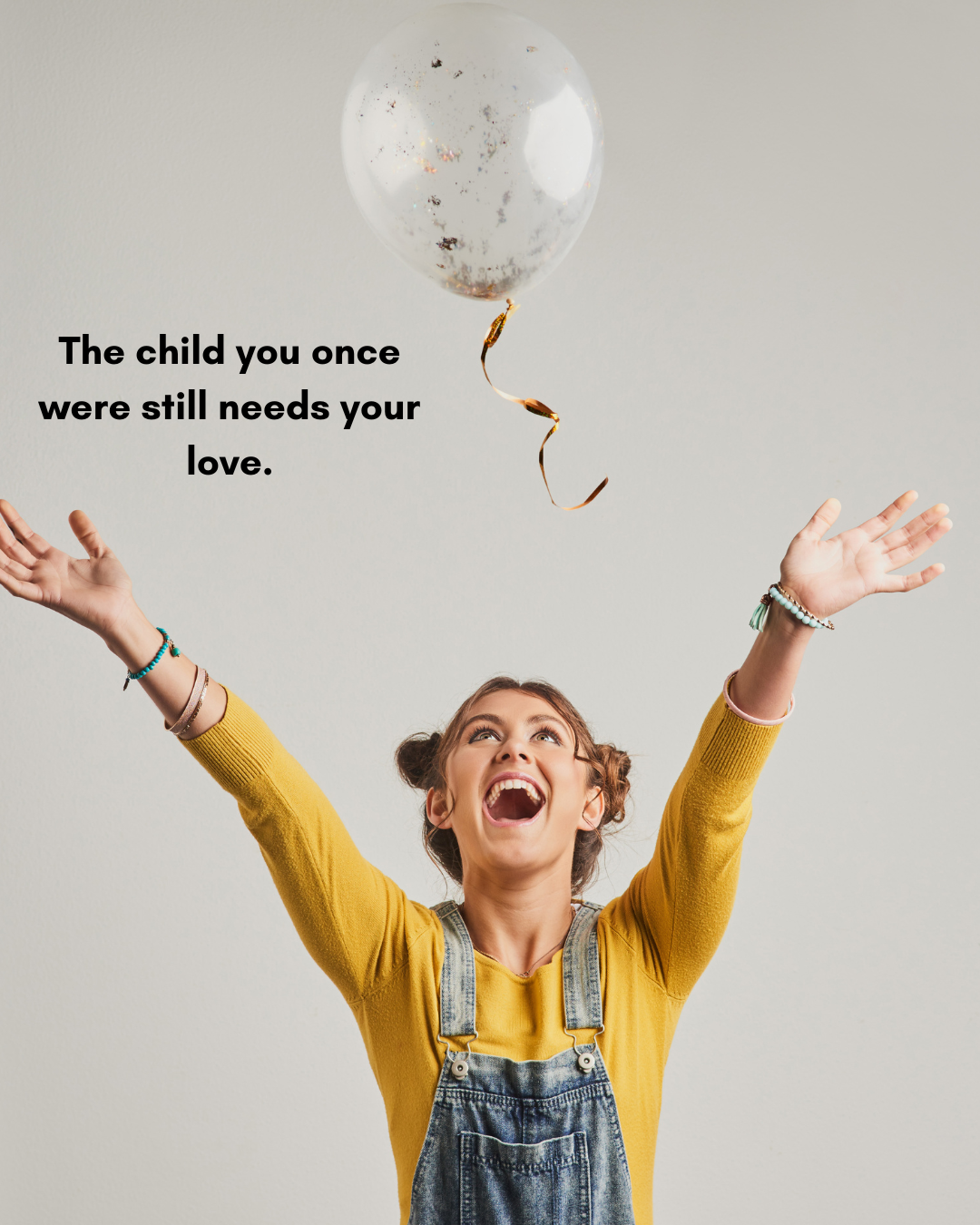The current world, Our past worlds, and how to succeed in the face of adversity
Written by: Theresa Foessel
In our current world, with all the trouble and turbulence that has been thrown at us the past couple of years, it is not uncommon to experience immense burnout and stress. It is a hurdle to deal with alone, but for those who are working through existing trauma, it has been even more complicated and difficult. Our regular triggers have been amplified by the pandemic and dealing with them can seem like climbing a mountain. As impossible as continuing through may feel, you are not alone, and you can make it through.
Pandemic stress can exist in many forms. It can take shape in the form of worrying about your loved ones and their safety, worrying about your own health and safety. From the stress of your job stability to the new challenges with working from home, or the challenges of continuing to work at a public location. The stress of isolation, the stress from thinking we are in the clear to being in lockdown again, the stress of not knowing when things will feel normal again. These are things the majority of us think about and are dealing with daily, but we are not dealing with them alone.
For survivors, these stresses can be triggers for their trauma as well. For example, the feeling of loneliness and isolation is one of the common things a survivor experiences, and with the current state of our world and current safety requirements in place, those triggers can be felt on a much more frequent basis. (CAMH, 2020) But as much as we are holding on our shoulders, there are things we can do to help lessen the burden of it all.
Covid Fatigue is a form of pandemic burnout that creates a sense of demotivation and exhaustion in lieu of the Covid crisis. (Healthline) Self-care can be one of the most important things that we can do for ourselves in the face of adversity. It is a commitment to taking an active role in safeguarding our mental, emotional, and physical well-being. (Healthy.net) In times when we feel overwhelmed, self-care can help free us from the weight of our trauma, triggers, and stress. We can practice self-care in many different ways, and finding the method that helps heal you can be monumentally important. Getting proper sleep and rest, staying active, eating healthy, being kind to yourself; are all ways to practice self-care that will leave you feeling grounded. (CAMH, 2020) I find that living in a world where social media focuses on the negative, finding time to intentionally unplug has made a huge impact on my mental health. Setting aside time to unplug from electronics, and spending that time doing something that will nurture me, has been extremely beneficial to my daily life.
In the end, we cannot rid ourselves of the things that trigger our trauma, but we can control how we cope with it. No matter how many steps we feel we are taking back, we are still moving forward. Healing is not a direct line-up, it’s a journey and a process. I’d like to take a moment to share Stewart’s story with you all. In times when we feel isolated and alone, it’s good to remember that while we may be apart physically, there is always community and love to share.
Resources:
CAMH. (2020, November 1). Recognizing the effects of abuse-related trauma. CAMH. Retrieved January 20th, 2022, from https://www.camh.ca/en/health-info/guides-and-publications/recognizing-the-effects-of-abuse-related-trauma.
Healthy.net . (2022, January 19th). The Importance of Authentic Self-Care . Retrieved January 19th, 2022, from https://healthy.net/2022/01/19/the-importance-of-authentic-self-care/
CAMH. (2020). Coping with Stress and Anxiety. CAMH. Retrieved January 19th, 2022, from https://www.camh.ca/en/health-info/mental-health-and-covid-19/coping-with-stress-and-anxiety
Healthline (2021, October 21st). COVID Fatigue: How to Cope with Pandemic Burnout. Retrieved January 18th, 2022, from https://www.healthline.com/health/mental-health/covid-fatigue

